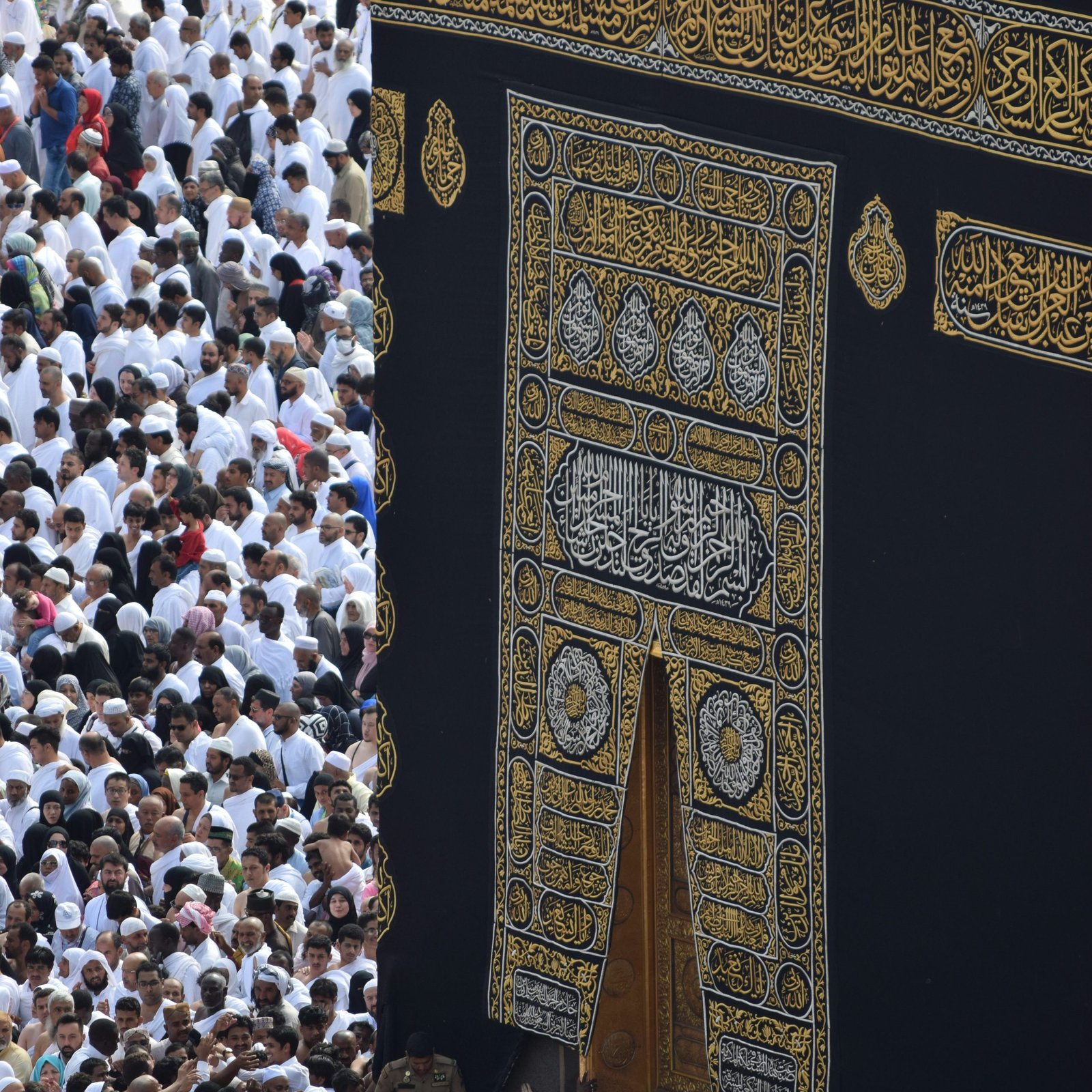The Hajj: A Sacred Pilgrimage
Hajj, the annual Islamic pilgrimage to Mecca, is a journey of faith that holds immense spiritual significance for millions of Muslims around the world. It is considered one of the Five Pillars of Islam, and every able-bodied Muslim who can afford it is required to undertake this pilgrimage at least once in their lifetime. The Hajj is a profound and transformative experience that brings Muslims closer to Allah and strengthens their connection to their faith.
Purification of the Soul
The Hajj is a journey of purification, both physically and spiritually. Pilgrims enter into a state of Ihram, a state of ritual purity, by wearing simple white garments. This symbolizes equality and unity, as all pilgrims are dressed in the same attire, regardless of their social status or wealth. The act of wearing Ihram reminds pilgrims to detach themselves from worldly possessions and focus solely on their relationship with Allah.
Symbolism and Rituals
The Hajj is filled with symbolic rituals that represent various aspects of faith and devotion. Tawaf, the circumambulation of the Kaaba, symbolizes the unity of Muslims around the world, as they all revolve around the same central point. Sa’i, the running between the hills of Safa and Marwa, commemorates the search for water by Hajar, the wife of Prophet Ibrahim (Abraham). The stoning of the pillars in Mina represents the rejection of evil and the temptation of Satan. These rituals serve as reminders of the trials and sacrifices made by the prophets and their followers.
Unity and Equality
The Hajj is a powerful demonstration of unity and equality. Muslims from different countries, cultures, and backgrounds come together in Mecca, dressed in the same attire, performing the same rituals, and standing side by side in prayer. This gathering of millions of believers from all walks of life emphasizes the universal brotherhood and sisterhood that exists within Islam. It reinforces the idea that all Muslims are equal in the eyes of Allah, regardless of their race, nationality, or social status.
Spiritual Renewal and Reflection
The Hajj offers a unique opportunity for spiritual renewal and reflection. Pilgrims detach themselves from their daily routines and worldly distractions, allowing them to focus solely on their relationship with Allah. The physical challenges and sacrifices made during the pilgrimage serve as a reminder of the hardships faced by the prophets and their followers in their quest for faith. The intense devotion and supplication during the Hajj provide a chance for Muslims to seek forgiveness, find inner peace, and strengthen their faith.
Community and Brotherhood
The Hajj fosters a sense of community and brotherhood among Muslims. Pilgrims come together in Mecca, sharing meals, prayers, and experiences. The diversity of the pilgrims’ backgrounds and cultures enriches the collective experience, fostering understanding and unity. The bonds formed during the Hajj often continue beyond the pilgrimage, creating a global network of support and solidarity among Muslims.
A Journey of a Lifetime
The Hajj is a once-in-a-lifetime journey for most Muslims. It is a deeply personal and transformative experience that leaves a lasting impact on the pilgrim’s spiritual journey. The physical challenges, the devotion, and the sense of community all contribute to a profound sense of connection with Allah and a renewed commitment to living a righteous life. The memories and lessons learned during the Hajj stay with the pilgrim long after they have returned home, serving as a constant reminder of their faith and the importance of their spiritual journey.
In Conclusion
The Hajj is not just a physical journey, but a spiritual one as well. It is a time for Muslims to purify their souls, reflect on their faith, and strengthen their connection with Allah. The rituals and symbolism of the Hajj serve as reminders of the trials and sacrifices made by the prophets and their followers. The unity, equality, and sense of community experienced during the pilgrimage reinforce the universal brotherhood and sisterhood within Islam. The Hajj is a transformative experience that leaves a lasting impact on the pilgrim’s spiritual journey, reminding them of the importance of their faith and their commitment to living a righteous life.


0 Comment